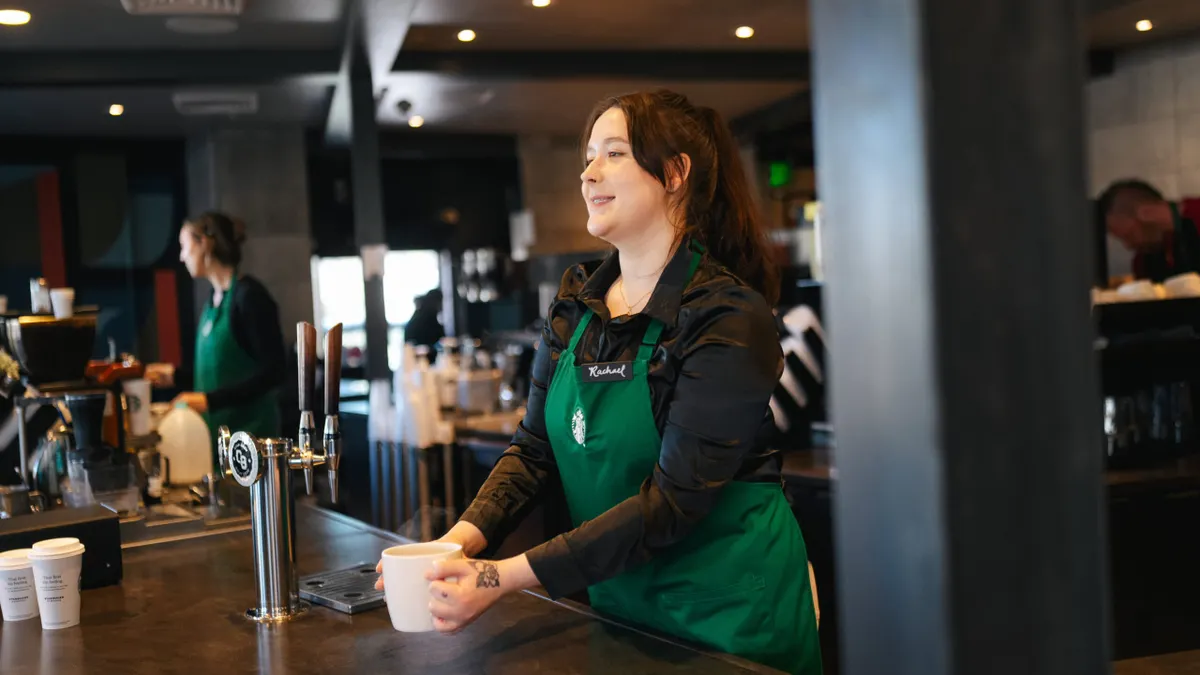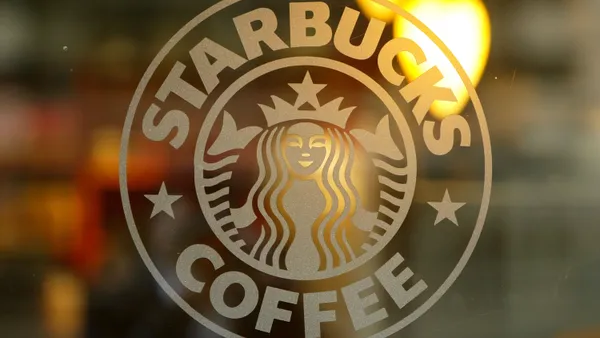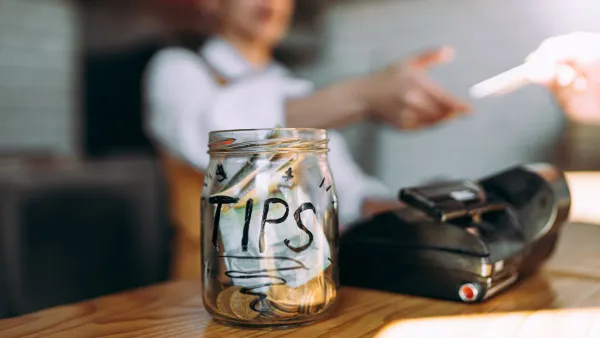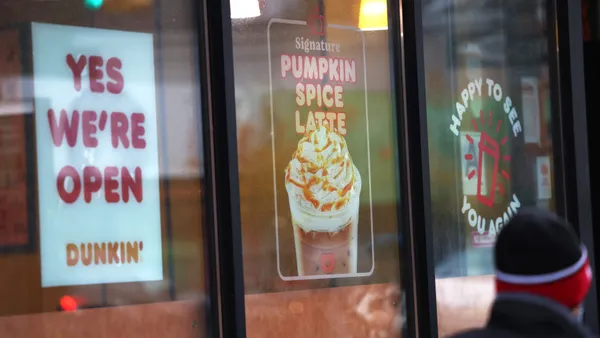Dive Brief:
- Starbucks Workers United members at more than 50 union locations have walked off the job in recent days to protest unilateral changes to Starbucks’ dress code, the union said in a press release Tuesday. These dress code changes were announced in April and implemented on Monday.
- The company restricted its dress code to solid black long and short-sleeved shirts, company branded t-shirts and black, khaki or blue denim pants — a significant restriction of its dress rules.
- The union also filed an amendment to unfair labor practice charges stating the dress code changes “materially differed from both the status quo and what the parties had tentatively agreed to at the bargaining table, thus undermining the Union’s representational status.”
Dive Insight:
More walkouts by baristas are likely, SBWU said in a press release Tuesday. Paige Summers, a union member and shift supervisor from Hanover, Maryland, said the dress code changes reflected misaligned priorities.
“Customers don’t care what color our clothes are when they’re waiting 30 minutes for a latte,” Summers said in the press release. “Starbucks is making us buy entirely new dress-code-compliant clothing. Many of us can't afford a new wardrobe.”
In its April announcement of the dress code change, Starbucks said employees would receive two company-branded t-shirts for free.
Starbucks framed the recent dress code changes using the same rhetoric it has employed about in-store aesthetics, ceramic coffee mugs and condiment bars since CEO Brian Niccol took the helm last year and pledged to bring the brand back to its coffeehouse roots.
“By updating our dress code, we can deliver a more consistent coffeehouse experience,” the chain said in the April announcement.
Relations between the chain and the union, which is an affiliate of the Service Employees International Union, have soured since late last year. In early 2024, the union and Starbucks announced a framework agreement for resolving outstanding litigation and began to meet for new bargaining sessions. That agreement followed public statements by the company that it wished to hammer out a contract by the end of 2024.
By mid-December, it was clear that Starbucks and Workers United would not reach a contract, and union members authorized a multi-day strike ahead of the Christmas holiday.
A spokesperson for Starbucks said in a statement that the protests over the dress code changes had negligible impact on operations, “the overwhelming majority of our 10,000 US company-operated stores remain open and are serving customers as normal.”
“The biggest update to our dress code is simple: wear a black shirt—either your own or one we provide,” the spokesperson wrote.














